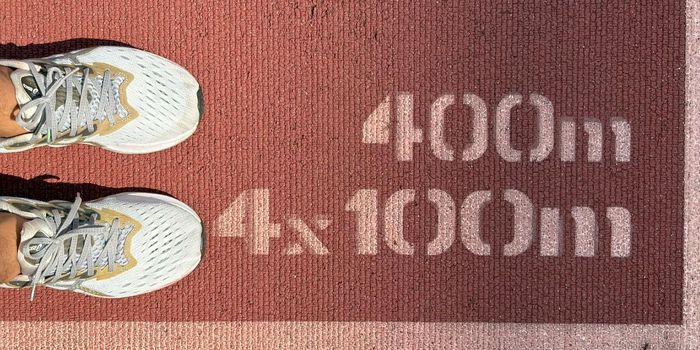Might as well turn your chair into a coffin. That's been the conclusion of new research into the cardiological implications of maintaining a stationary position for too long. Enter the standing desk, once a curiosity in office settings but becoming de rigueur among younger members of the workforce.
Now a study reports that standing might not be enough to offset the detrimental health effects of sitting for long periods. But cheer up, young worker. it appears that adding two minutes of walking each hour to your routine--that could be just long enough to get all the way to the espresso bar--might negate the impacts of sitting or standing. The findings were reported in the Clinical Journal of the American Society of Nephrology.

According to a report appearing in Science Daily, numerous studies have shown that sitting for extended periods of time each day leads to increased risk for early death, as well as heart disease, diabetes and other health conditions. Considering that 80 percent of Americans fall short of completing the recommended amount of exercise, which is 2.5 hours of moderate activity each week, it seems unrealistic to expect that people will replace sitting with even more exercise.
The report goes on to say: With this in mind, scientists at the University of Utah School of Medicine investigated the health benefits of a more achievable goal, trading sitting for lighter activities for short periods of time. They used observational data from National Health and Nutrition Examination Survey (NHANES) to examine whether longer durations of low intensity activities (e.g. standing), and light intensity activities (e.g. casual walking, light gardening, cleaning) extends the life span of people who are sedentary for more than half of their waking hours.
They found that there is no benefit to decreasing sitting by two minutes each hour, and adding a corresponding two minutes more of low intensity activities. However, a "trade-off" of sitting for light intensity activities for two minutes each hour was associated with a 33 percent lower risk of dying.
"It was fascinating to see the results because the current national focus is on moderate or vigorous activity. To see that light activity had an association with lower mortality is intriguing," says lead author Srinivasan Beddhu, M.D., professor of internal medicine.
Beddhu explains that while it's obvious that it takes energy to exercise, strolling and other light activities use energy, too. Even short walks add up to a lot when repeated many times over the course of a week. Assuming 16 awake hours each day, two minutes of strolling each hour expends 400 kcal each week. That number approaches the 600 kcal it takes to accomplish the recommended weekly goal of moderate exercise. It is also substantially larger than the 50 kcal needed to complete low intensity activities for two minutes each awake hour over the course of one week.
"Based on these results we would recommend adding two minutes of walking each hour in combination with normal activities, which should include 2.5 hours of moderate exercise each week," says Beddhu. Moderate exercise strengthens the heart, muscles, and bones, and confers health benefits that low and light intensity activities can't.
The study examined 3,243 NHANES participants who wore accelerometers that objectively measured the intensities of their activities. Participants were followed for three years after the data were collected; there were 137 deaths during this period.
"Exercise is great, but the reality is that the practical amount of vigorous exercise that can be achieved is limited. Our study suggests that even small changes can have a big impact," says senior author Tom Greene, Ph.D., director of the Study Design and Biostatistics Center at the Center for Clinical and Translational Science.
Beddhu adds that large, randomized, interventional trials will be needed to definitively answer whether exchanging sitting for light activities leads to better health.
(Sources: University of Utah Health Sciences; Science Daily)









